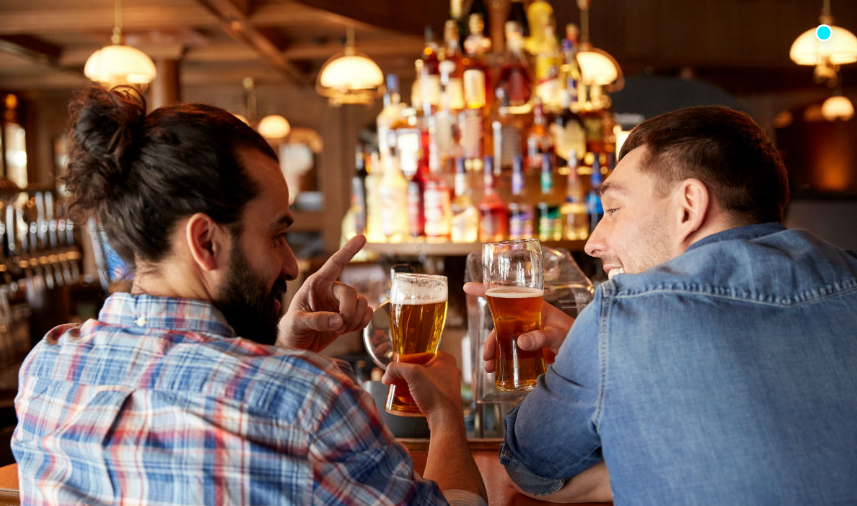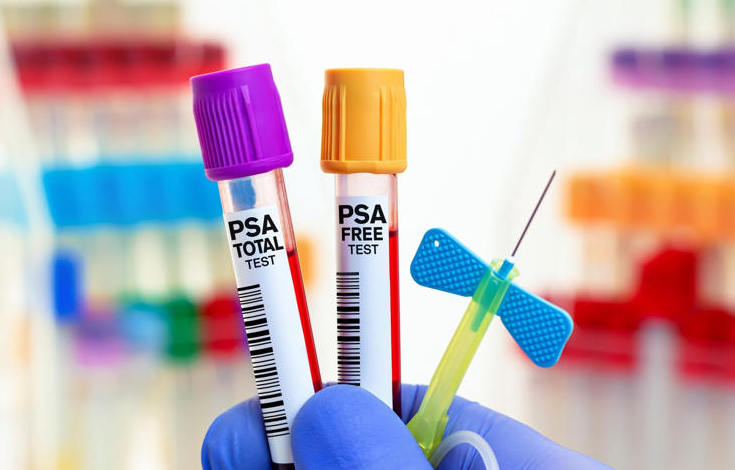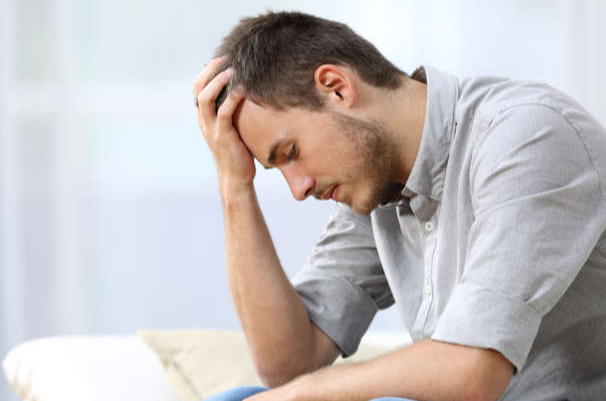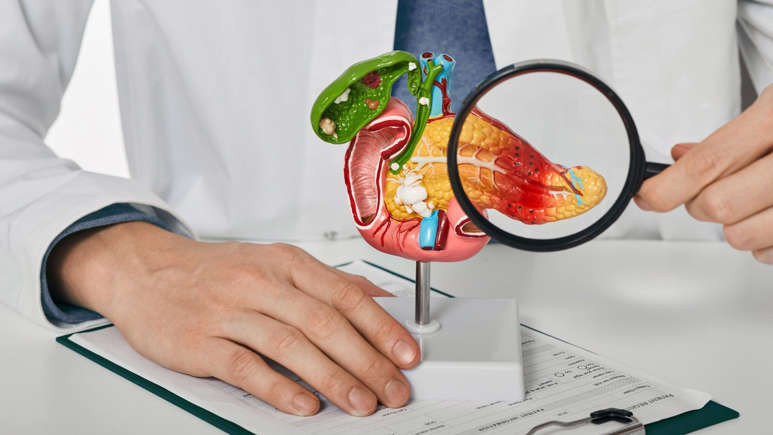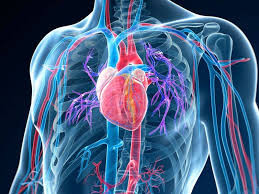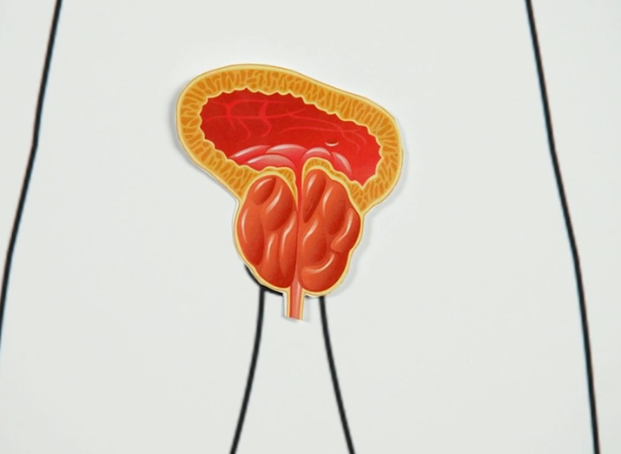Whether you're drinking more frequently than you'd like to, or you're thinking of making your Dry month a more permanent one, there are plenty of reasons why people choose to stop consuming alcohol. But whatever your decision for ditching the booze, there is one overarching benefit that applies to everybody: better health. From glowing skin to a stronger immune system, there's a long list of advantages to being teetotal - and let's face it, who doesn't love feeling the freshest version of themselves?
But thanks to cultural and societal norms, alcohol is literally everywhere, which is why it's so easy to drink more than the recommended weekly amount, which is no more than 14 units, according to the NHS. The fact is, alcohol is the only socially accepted mind-altering substance in the world, which means it's never going to completely go away. This is all despite the growing number of non-alcoholic beers, wines and spirits, or the slew of soft options available in replacement. However, if your health is a priority and you'd like to learn more about what happens to your body when you stop drinking alcohol, the benefits might sway your decision when you go to order your fifth cocktail of the night. Here's everything you need to know about how your body changes - for the better.
1) Weight loss: Before we start, in no way are we saying that you need to lose weight. All bodies, whatever shape or size are all worthy of respect. And you should only embark on a weight loss journey if it feels right and healthy to you. That being said, there's no denying that being overweight does come with certain health risks, so if you know that alcohol is a contribution to your weight gain, there's no harm in cutting down. To put this into perspective, there are typically 154 calories in one can of beer. Or, if you prefer wine, a glass of your favourite pinot grigio contains 142 calories. Plus, research has shown that alcohol increases your appetite, and that you're likely to eat 30% more food after just two drinks, compared to someone who is not drinking.
2) Healthier liver: This is one of the more obvious ones, because we all know that too much booze equals an unhappy liver. But what happens to the vital organ when you drink too much, and how does it react when you give up the Friday night beers? In a nutshell, every time you drink alcohol, the liver filters it out, but some of its cells die in the process. Luckily, the liver does a great job at developing new cells, however, prolonged alcohol abuse can cause irreversible and permanent damage, including liver disease. With alcohol gone and the liver able to recover, the organ can then focus on its other important jobs, which includes breaking down other toxins produced by the body, and metabolising hormones and fats that require breaking down. Not to mention balancing blood sugar levels and helping to digest food.
3) Fresher skin: Who doesn't want fresher skin and a glowing complexion? It's a known fact that alcohol causes the body to dehydrate, which can leave the skin and eyes looking dull. Ever heard the phrase booze face? You know, when after a night of drinking, your skin looks and feels redder, blotchier, drier and more inflamed than normal? This happens when acetaldehyde - which is the main alcohol breakdown product - releases histamine, a chemical found in some of the body's cells that can cause allergy symptoms. This, coupled with the alcohol-induced dehydration can lead to the said skin appearances, and can even induce acne as the body tries to remove the chemicals. (See: this is more likely to happen if you're prone to breakouts.) So, to promote clearer and healthier skin, cutting down on alcohol can have a major impact. Always make sure you merge this with a good diet and a healthy amount of exercise to maintain it, though.
4) A better night's sleep: There's a common myth that suggests you get a good night's sleep after a night on the booze. News flash, it's completely untrue. While you may find that you head off into dreamland as soon as your head hits the pillow, the quality of your sleep - and how interrupted it is - is heavily impacted. This is because when you drink, you typically fall into an instant deep sleep, and miss the critical rapid eye movement (REM) sleep. Your body requires around six to seven cycles of REM sleep per night, but alcohol consumption cuts this down to one or two. So, you'll actually endure a poor quality and disrupted sleep, and inevitably wake up feeling the opposite of fresh. Whereas if you cut out the booze, you're more likely to experience the natural sleep process, which keeps your body healthy. Plus, how many times have you woken up in the middle of the night to go to the toilet after a night on the booze?
5) Decrease the risk of heart disease: British Heart Foundation explains that there's a clear link between drinking too much alcohol regularly and developing high blood pressure. The website reads that over time, high blood pressure (also known as hypertension), puts strain on the heart muscle. This can lead to cardiovascular disease, which then increases a person's risk of heart attack and stroke. The bottom line is, when you drink less alcohol, or none at all, you're protecting your heart health and helping to lower your blood pressure to a stable level. Elsewhere, a study performed in hypertensive drinkers found that their blood pressures significantly reduced after four days of abstaining from alcohol.
6) Reduce the risk of cancer: Ditching alcohol can help you to lower the risk of developing certain types of cancers, including head and neck, oesophageal, liver, breast and colorectal. Naturally, a person's risk of being diagnosed with these alcohol-associated cancers become higher the more they drink. Plus, if they drink too much on a regular basis. According to 2013 research from the American Journal of Public Health, it was estimated that 3.5% of US cancer deaths were alcohol related.
7) Boost brain power: Amitava Dasgupta, PhD, and medical director of the clinical laboratory at the University of Kansas Medical Centre told Healthline that under 21 year olds should avoid alcohol the most in terms of memory loss and brain power. He explained: 'There’s a reason why the legal age of drinking is 21 years . Teenage and college drinking is a huge problem. It can cause memory loss and interference with brain development. For college students, being dry is the best thing to do.' For the majority of people - typically of all ages - brain power is boosted within months of quitting alcohol. These positive changes are really highlighted after a year of sobriety, with people usually experiencing a recovery of brain volume. This is mostly in areas that control memory and cognitive function.
8) Immune system: If you're someone who's susceptible to picking up every little virus out there, you're going to want to listen up for this one. When you drink, the alcohol suppresses the immune system and weakens its ability to fight off germs. So, when you abstain from booze, you should notice a difference in how your body reacts to illnesses, meaning you likely won't succumb to an irritating cold every time you come into contact with someone who has the sniffles. Or, if you do pick up a cold, you're likely to recover much quicker.
9) Improves energy levels: Like we said earlier, you'll get a much better night's sleep when you cut out alcohol. Catching enough zzz's (which for an adult is between seven and nine hours per night) has a direct impact on your energy levels. When you remove alcohol from your system, including its dehydrating effects, you'll be less inclined to grab carb-heavy and sugary foods for a quick energy boost, where you'll later crash twice as hard. Again, this contributes to the weight loss point from before. What's more, your improved energy levels will also help towards a clearer mind, which we're about to get into now.
10) Improves mental health: Another fact we're all aware of is that alcohol is a depressant. This means the brain and central nervous system slow down whenever it is consumed. But what's confusing about booze is that it can temporarily make us feel relaxed and confident, which is why for many, it's a non-negotiable when in a social setting. However, these short term effects soon wear off, and in the long term, can develop into feelings of anxiety and depression. Oh, and one more thing - when you refrain from drinking, you're also ridding yourself of the low mood caused by sleep deprivation. Plus, you can say goodbye to those raging hangovers that write whole days off (and that often come with overwhelming bouts of anxiety) which is a definitely a win for mental health.
Article Source: Metro
